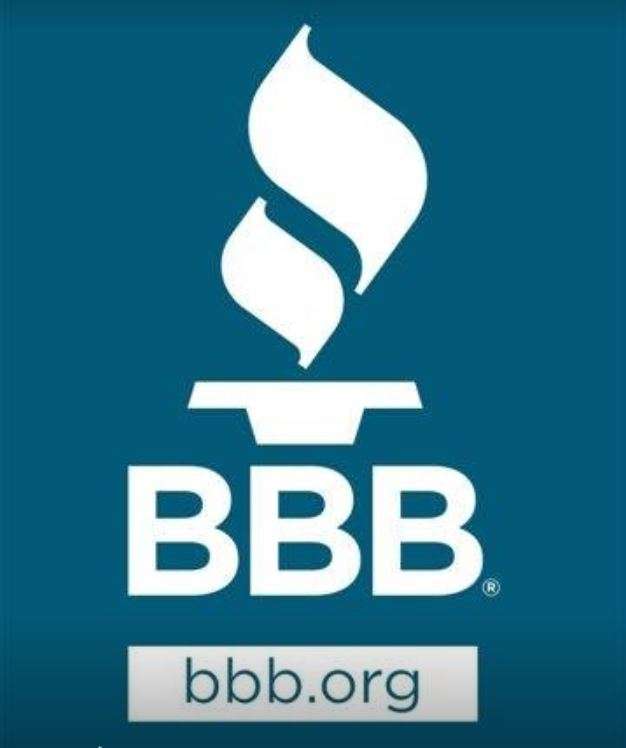
BBB
Recently, BBB has received additional reports that scammers are impersonating the Better Business Bureau via phone calls and emails. If you are unsure of who is contacting you, reach out to your local Better Business Bureau. See more information below.
An impostor is a person who pretends to be someone else. They may pretend to be someone you know; like a family member, a friend, a person you feel like you know but have not met in person. They may pretend to be working for the government or from a company you trust, or a company with which you do business on a regular basis, such as a computer software company.
Impostors are dishonest people who want to steal your money or personal information and will try to do this through a phone call, text message, or email. The phone calls may appear to be a local number, text messages appear to be from real companies, or emails with entirely believable government logos or a familiar business on them.
Impersonation is a very common tactic used by scammers, according to the BBB Scam Tracker Risk Report. Impostor scams come in all shapes and sizes with the same intent - to trick you out of your money and/or personal information.
IMPOSTOR SCAMS & HOW THEY WORK:
- Power/utility scam: Utility company impostors typically reach out via a telephone call or knock on your door claiming to be a representative from the local water, electric, or gas company. In the most common scenario, the fraudster will say a payment is overdue and the utility will be shut off if you don’t pay up immediately.
- Phony banking texts/Phishing schemes: You receive a text message allegedly from a bank, alerting you of fraudulent activity on your account. You may or may not have an account at that bank. The con artists might even know your account number. They use a variety of messages and techniques, but the desired outcome is the same. They want you to give them information, the key to your money.
- IRS impostors: There are many ways to tell if a call about tax debt is a fraudulent IRS call. According to the IRS, people with overdue taxes will always receive multiple contacts, including letters and phone calls, from the IRS first. The IRS will also notify taxpayers before sending their accounts to a private collection agency. If you get a call first and had no idea you owed taxes, be cautious and skeptical.
- Emergency scam (also called grandparent scams or family/friend scams): This scheme involves the impersonation of a friend or family member in a fabricated
urgent or dire situation. Emergency calls prey on a person’s kind nature and willingness to help friends and family in need. Con artists impersonate their targets’ loved ones, make up an urgent situation, and plead for help and money. Thanks to social media sites, these people can offer plausible stories and incorporate nicknames and real travel plans into the con to convince their targets. - Favor for a friend scam. This is a version of an emergency scam. However, instead of a major crisis, the scammers is asking for a small favor. It can be easy to fall for these cons because the stories are believable and the money amounts are much lower. For example, in this scam, a "friend" needs money for groceries after misplacing their wallet. Just like with an emergency scam, always check directly with your friend before sending any cash.
- Tech Support scams: A tech support rep calls you at home and offers to fix a computer bug that you haven’t even noticed, or a popup warning appears on your screen instructing you to dial a number for help. In this con, scammers pose as tech support employees of well-known computer companies and hassle victims into paying for their “support.”
- Better Business Bureau. That’s right, BBB is an often-impersonated company. Many of these scams target small businesses. Scammers call, text, or email to collect unpaid “dues” or email dangerous links or attachments that they claim are related to “complaints," or various other excuses. While a BBB office may indeed contact a business for a variety of reasons, you should never give personal or financial information over the phone during an unsolicited call from someone you do not know. End the call or close the email, and call back through the number listed in the BBB.org Directory.
TIPS TO AVOID IMPOSTOR SCAMS:
- Stay calm. If you receive any of these impostor calls, resist the urge to act immediately, no matter how dramatic the story is or how threatening or intimidating the caller sounds.
- Don't reply directly. Don’t respond to the call, text, or email. Instead, call the company or person directly to verify the message that was sent or the phone call received.
- Go to the source or get help. When in doubt, call a friend, loved one or your local BBB to ask for a second opinion. Regardless of what is said in the phone conversation, tell someone.
FOR MORE INFORMATION:
Learn more tips on how to avoid scams by going to BBB.org/ScamTips. If you have been the victim of this or another scam, make others aware by filing a report on BBB.org/ScamTracker.
FOR BBB INFORMATION:
Visit BBB.org to look up a business, file a complaint, write a customer review, read tips, follow us on social media, and more.
BBB Serving Canton Region & Greater West Virginia contributed to this article.






